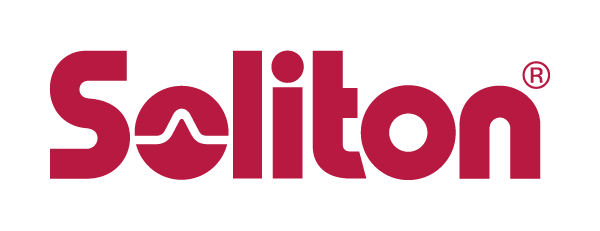Overview
When it comes to securing corporate data on personal mobile devices in a BYOD (Bring Your Own Device) environment, businesses can choose between Microsoft Intune and Soliton MailZen. Microsoft Intune is a Mobile Device Management (MDM) solution that integrates with Microsoft 365, enforcing policies on devices to ensure compliance. However, it requires full device management, which can be intrusive on personal devices. Soliton MailZen, on the other hand, is a secure container application that separates corporate and personal data, ensuring GDPR compliance without the need for intrusive MDM controls.
Feature Comparison
|
Feature |
Microsoft Intune |
Soliton MailZen |
|
Device Management |
Requires full MDM for full functionality |
No device management needed; operates in a secure container that the user can download themselves |
|
Ideal Use Case |
Company-owned or fully managed employee devices |
Mobile BYOD environments where smartphone devices/ iPads are unmanaged |
|
Data Separation |
Business and personal data will be mixed on the device, depending on policy configuration |
Full separation between business and personal data via secure container |
|
Onboarding Complexity |
Requires MDM enrollment, which can be complex for BYOD users, heavy IT involvement |
Easy onboarding with minimal IT involvement |
|
Ongoing IT Management |
Requires active IT management and policy enforcement |
Minimal IT support required |
|
Compliance & Security |
Strong security policies but requires MDM, which can be intrusive on personal devices. And by accident possible to delete everything. Potentially non-compliant in EU. |
GDPR-compliant, military-grade encryption on top of phone encryption, no access to personal data |
|
Cost Considerations |
Only the basic plan is included in MS365 plans; for use with BYOD, more expensive plans are required |
Potential small additional cost increment, but reduced hardware (no company phone) and IT support costs |
|
Features |
Focused on Microsoft 365 (Outlook, Teams, OneDrive, SharePoint) |
Supports Office 365 plus additional features like Camera, Notes, Secure Browser, & internal IT applications via secure Gateway |
|
MSP Offering |
No dedicated MSP service, companies must manage their own setup |
Can be offered as an MSP service |
Strengths & Weaknesses
Microsoft Intune
✅ Strong integration with Microsoft 365 and enterprise security policies
✅ Works well for company-managed devices
✅ Offers advanced endpoint security, compliance enforcement, and remote wipe capabilities
❌ Requires full device management (MDM), which can be intrusive for personal devices
❌ Complex onboarding and ongoing management required
❌ Not ideal for freelancers, volunteers, or organizations where employees use personal devices
Soliton MailZen
✅ Perfect for BYOD environments where personal devices remain unmanaged
✅ Secure container approach ensures strict separation of business and personal data
✅ Supports not just Office 365 but also other apps and internal on-premise applications
✅ Easy to onboard and manage with minimal IT overhead
✅ Can be offered as an MSP service
❌ Potential additional cost compared to Intune, though it reduces device and IT costs
❌ May not be as deeply integrated with Microsoft security ecosystem as Intune
For organizations that rely on company-owned devices and require deep Microsoft 365 integration, Microsoft Intune is a strong option. However, for businesses utilizing freelancers, volunteers, or employees’ personal devices, Soliton MailZen provides a more suitable alternative by ensuring compliance, security, and ease of management without the need for full device control.
Additionally, Soliton offers a secure gateway option without requiring a VPN, allowing remote access to on-premise applications and file servers. This feature further enhances its viability for organizations seeking secure yet non-intrusive mobile device management solutions.



